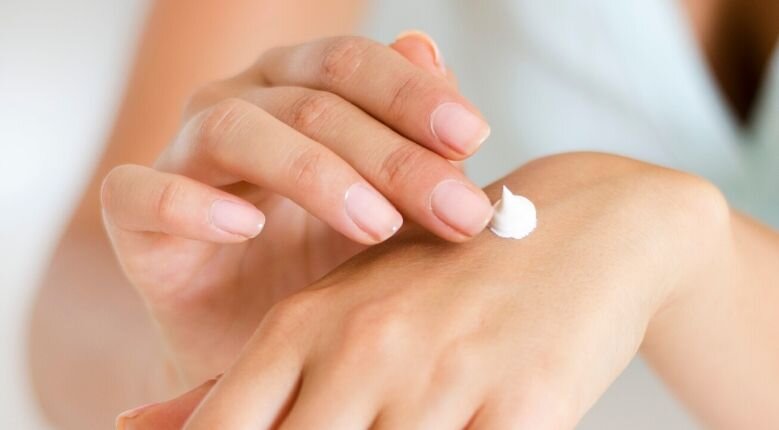Sunscreen is a must because of its ability to prevent skin cancer and photo-ageing. However, did you know that Asians are a lot more conscious about suncare than Westerners?
In fact, studies from the US and the UK show that 40 to 60 per cent of their populations don’t wear sunscreen at all. Asians, meanwhile, have earned the reputation of being anti-sun because of a wide array of sunscreen offerings in the region, as well as the seeming obsession with sun visors (much to the fascination of the internet) and umbrellas whether travelling or just taking a casual stroll in their neighbourhoods. So it comes as no surprise that Asian sunscreens — Japanese sunscreens, in particular — are on a different level from the rest. But how exactly do they differ and why are Japanese sunscreens better?
Product formulation and regulation
Starting off with the basics: American sunscreens are regulated by their Food and Drug Administration (FDA) as over-the-counter drugs, which limits a lot of what can and can’t go into the product. Japanese sunscreens, on the other hand, are regulated as cosmetic-grade products, which allows for more flexibility in terms of product experimentation, testing, innovation, and of course, distribution. This is why Western sunscreens also tend to have the same lotion-like consistency, whereas Japanese sunscreens tend to have more variation on viscosity, added skincare benefits, and more.

Regulations play a huge role in product development.
Since American sunscreens are marketed as drugs, they are attributed to being topical for skin cancer prevention. While it is similar to Japanese sunscreens in this aspect, the Japanese sunscreens' cosmetic-grade level requires it to be marketed to consumers as suncare aid but not necessarily a sole protective/preventive product.




